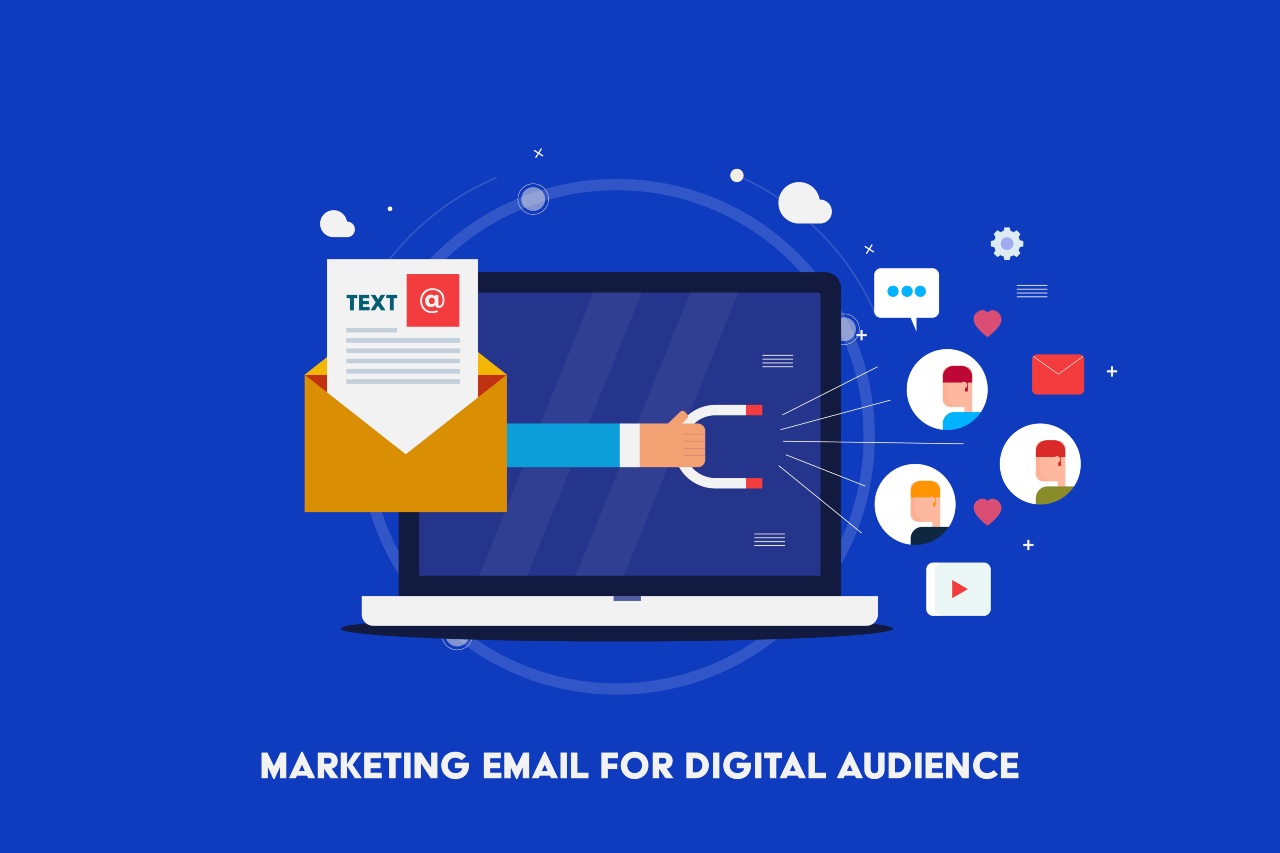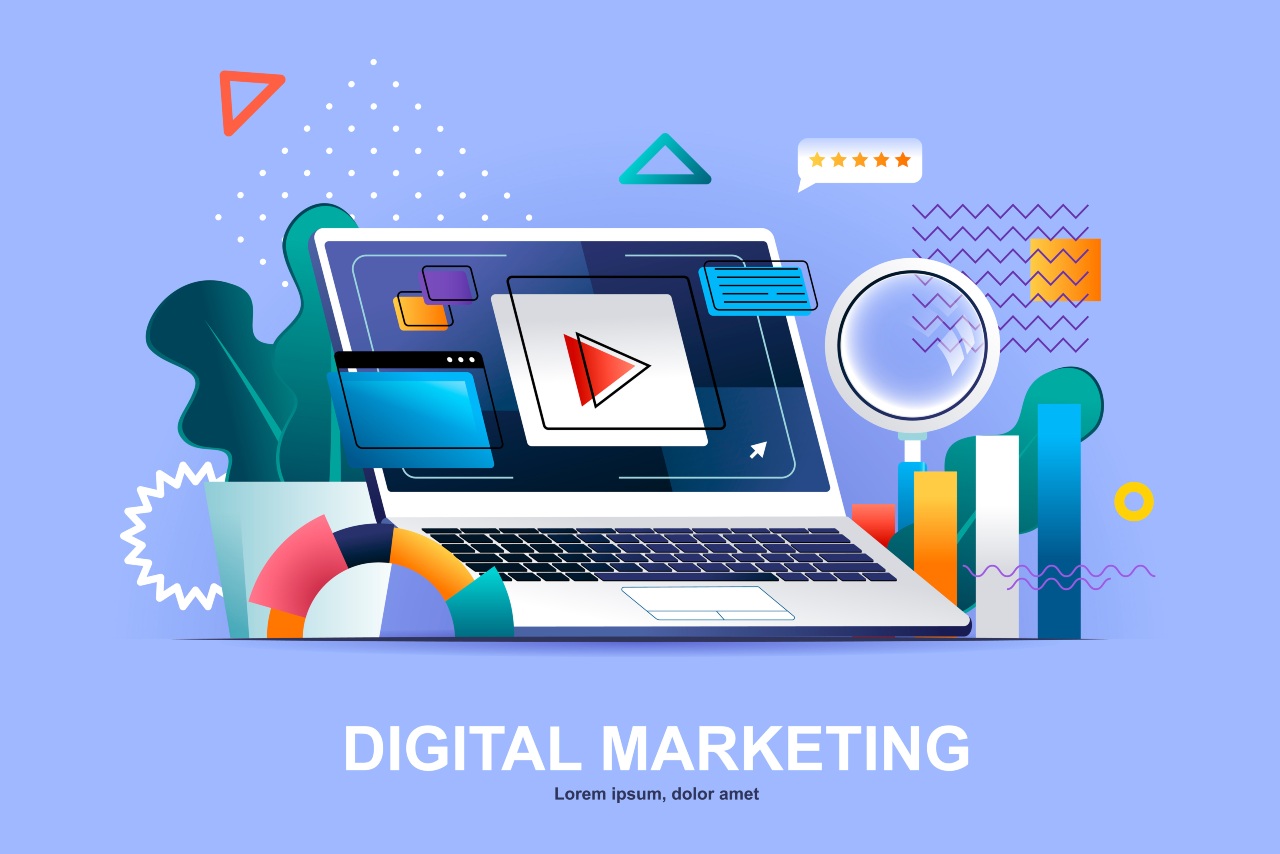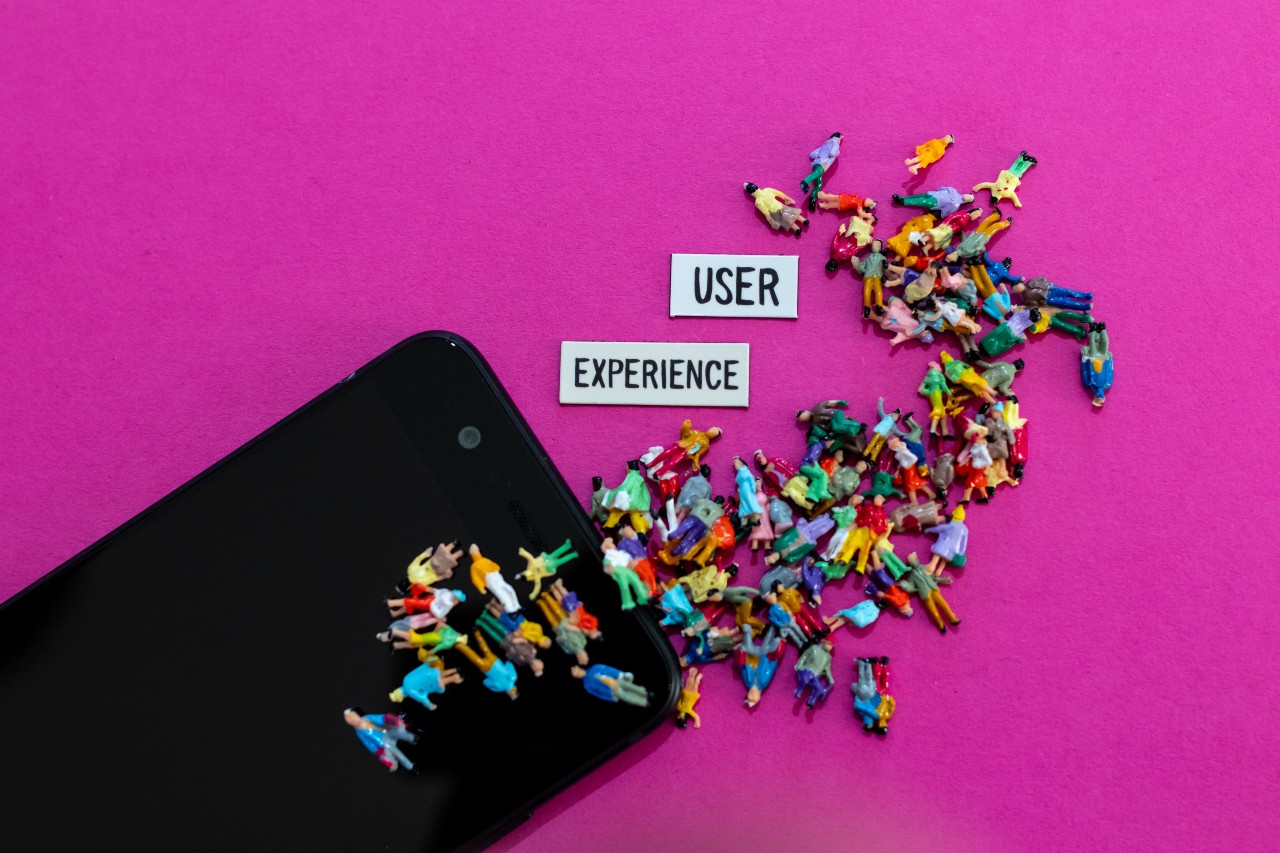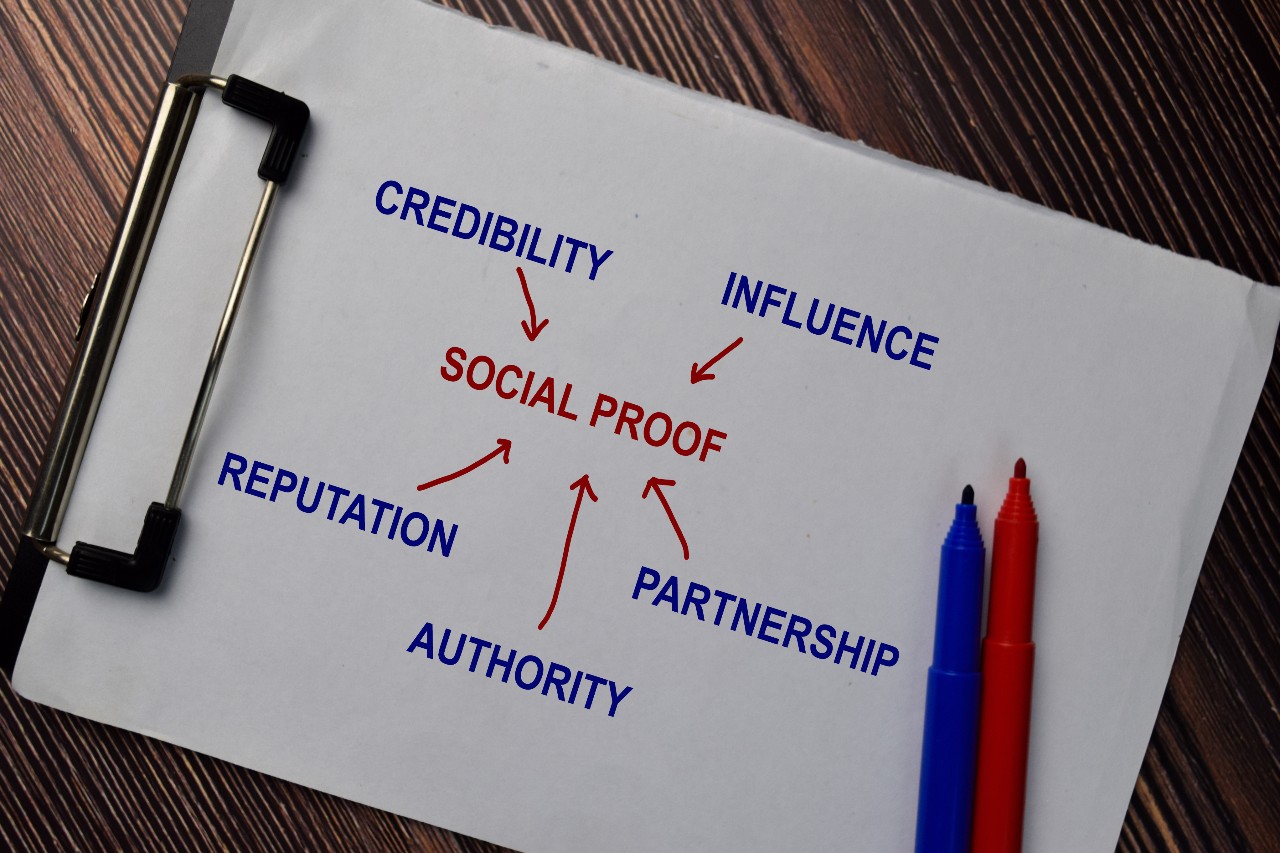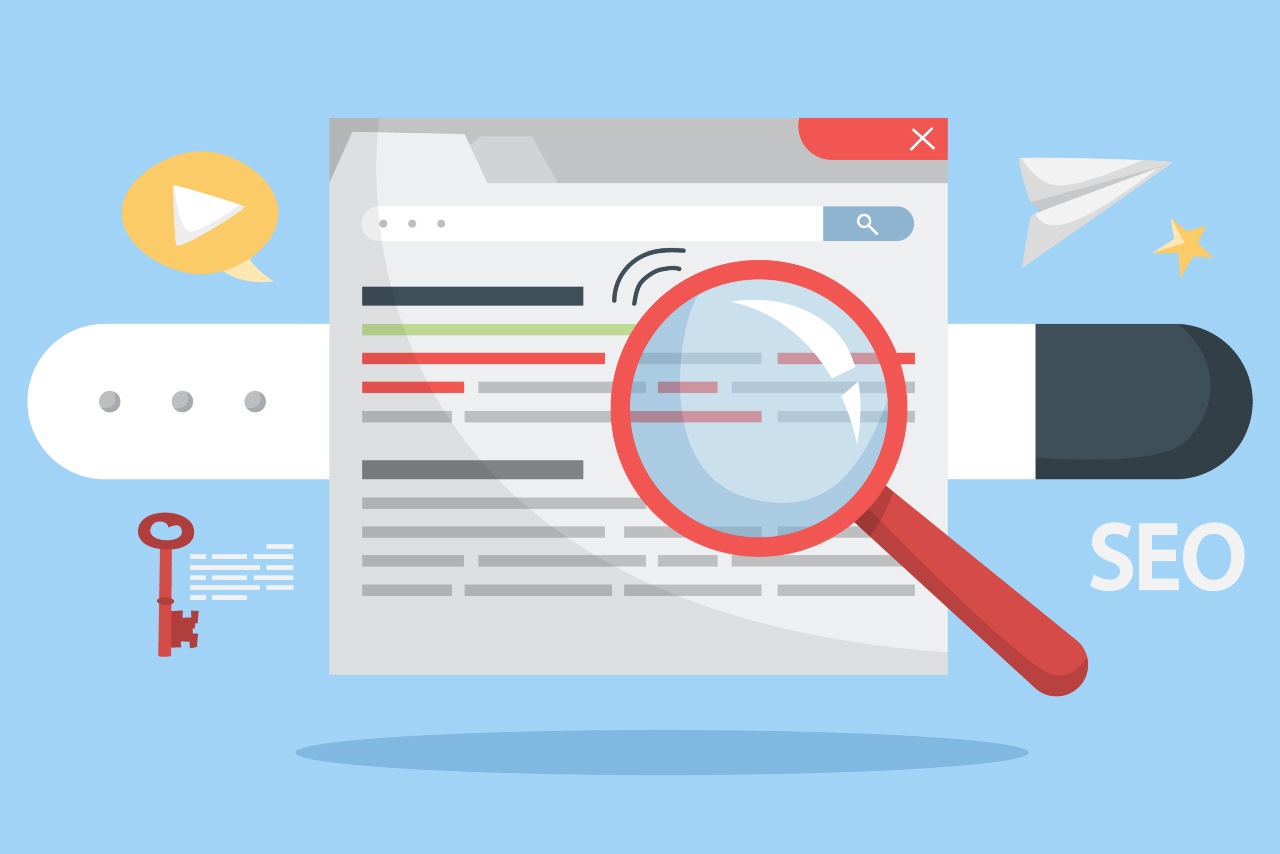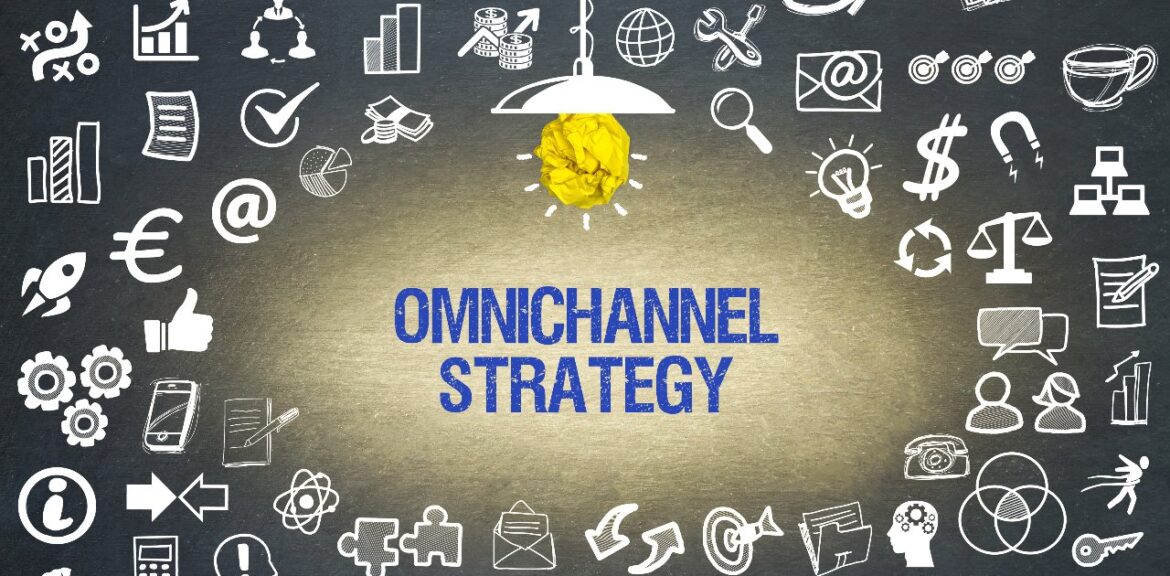
These days, consumers interact with brands across multiple platforms and devices, making it essential for businesses to create a seamless and cohesive customer experience. This is where an omnichannel marketing strategy comes into play.
Unlike a multichannel approach, which may involve using various channels in isolation, omnichannel marketing ensures that all channels work together. Thus providing a unified experience for the customer. Here’s how to create an effective omnichannel marketing strategy.
-
For an Effective Omnichannel Marketing Strategy – Understand Your Customer Journey
The foundation of any successful omnichannel strategy is a deep understanding of the customer journey. This involves mapping out all the touchpoints where customers interact with your brand. From initial awareness to post-purchase engagement. Each customer’s journey can be unique, depending on factors like demographics, preferences, and behavior.
To effectively map this journey, gather data from various sources. Think website analytics, social media interactions, customer service logs, and sales data. Tools like Google Analytics and CRM systems can help you visualize these touchpoints and identify patterns in customer behavior.
By understanding how your customers move between channels, you can tailor your omnichannel strategy to meet their needs at every stage of their journey.
-
Integrate Your Channels
Integration is the key to a successful omnichannel strategy. All your marketing channels—whether digital (social media, email, website) or traditional (in-store, print ads)—should be connected and consistent in messaging. This ensures that customers have a seamless experience, regardless of where or how they interact with your brand.
For example, if a customer sees a product on your social media page, they should be able to find the same product easily on your website, with consistent pricing and promotional offers. If they visit your store, the staff should have access to their online shopping history to provide personalized recommendations.
Achieving this level of integration often requires investing in technology that allows for real-time data synchronization across channels. Think a robust CRM or a unified commerce platform.
-
For an Effective Omnichannel Marketing Strategy – Personalize the Experience

One of the most powerful aspects of an omnichannel strategy is the ability to deliver personalized experiences. Personalization can significantly enhance customer satisfaction and drive conversions by showing customers that you understand their individual preferences and needs.
Use data from previous interactions to tailor content, offers, and recommendations. For example, if a customer frequently browses a particular category on your website, consider sending them personalized emails with related products or promotions.
Similarly, if they abandon their cart, retarget them with a reminder or an incentive to complete their purchase. Tools like dynamic content in email campaigns and personalized website experiences can help achieve this.
You might also like:
-
Ensure Consistent Branding and Messaging
Consistency in branding and messaging across all channels is crucial for building trust and recognition. Your brand’s voice, tone, visual identity, and values should be reflected consistently. Regardless of whether a customer is reading your blog, viewing an Instagram ad, or speaking with a customer service representative.
To maintain this consistency, create a brand style guide that outlines your brand’s key elements. Think logo usage, color schemes, typography, and messaging guidelines. Ensure that all teams, including marketing, sales, and customer service, are aligned with this guide and understand how to apply it across different channels.
-
For an Effective Omnichannel Marketing Strategy – Leverage Technology and Automation
Technology plays a vital role in executing an omnichannel strategy effectively. Marketing automation tools can help you manage and coordinate your campaigns across multiple channels. This ensures that the right message reaches the right audience at the right time.
For instance, automation can help you send triggered emails based on customer behavior, manage social media campaigns, and personalize website content dynamically. Additionally, AI-powered tools can analyze large sets of data to provide insights into customer behavior and preferences. This way, you will be able to refine your strategy continually.
-
Measure and Optimize Performance
No strategy is complete without a system for measuring success. Establish clear KPIs (Key Performance Indicators) for your omnichannel marketing efforts, such as customer retention rates, average order value, or cross-channel engagement.
Regularly analyze the performance of your channels to identify which ones are driving the most value and where there might be gaps or inconsistencies in the customer experience. Use these insights to optimize your strategy continuously.
For example, if you notice that customers who engage with your brand on multiple channels have higher lifetime value, you might invest more in cross-channel marketing initiatives.
-
For an Effective Omnichannel Marketing Strategy – Adapt to Customer Feedback

Finally, an effective omnichannel strategy is dynamic and adaptable. Customer preferences and behaviors change over time, so it’s important to remain flexible and responsive to feedback.
Regularly solicit feedback through surveys, social media, and customer service interactions to understand how customers perceive their experience with your brand.Use this feedback to make informed adjustments to your strategy.
For example, if customers express frustration with your mobile app’s usability, prioritize improving the app to enhance their experience. By continuously adapting to your customers’ needs, you can ensure that your omnichannel strategy remains relevant and effective.
Conclusion
Creating an effective omnichannel marketing strategy is essential for delivering a seamless, personalized, and consistent customer experience. By understanding the main elements involved, you can build a strategy that not only meets but exceeds customer expectations.
In the meantime, if you need help with your digital marketing, we are here for you. Feel free to contact us and learn more about our digital marketing services. You can find more information at Sylably.com or on our flagship Facebook page.
You might also like:
Did You Like this Article?
If you found this article helpful, please share with your friends, family, and colleagues who might also be interested in digital marketing services.
We would also love to hear your opinion, thoughts, and advice! Please leave your comments in the box below.
Thank you!
